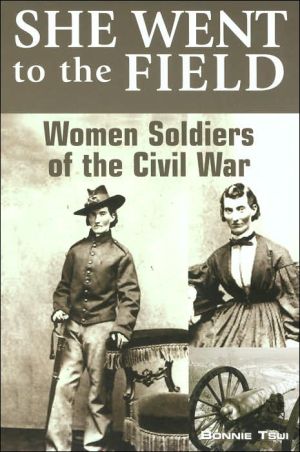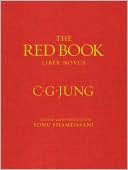She Went to the Field: Women Soldiers of the Civil War
She Went to the Field: Women Soldiers of the Civil War tells the little-known, true stories of the brave women who boldly challenged gender boundaries during The War Between the States. Whether disguising themselves as male soldiers or participating in related military capacities as spies, nurses, and vivandieres, these heroic women deserve to be recognized both for their contributions to the war and to women's rights.\ \ Written in an engaging style, this book draws the reader into...
Search in google:
Women Soldiers of the Civil War profiles several substantiated cases of female soldiers during the American Civil War, including Sarah Rosetta Wakeman (a.k.a. Private Lyons Wakeman, Union); Sarah Emma Edmonds (a.k.a Private Frank Thompson, Union); Loreta Janeta Velazquez (a.k.a. Lieutenant Harry T. Buford, Confederate); and Jennie Hodgers (a.k.a. Private Albert D. J. Cashier, Union). Also featured are those women who may not have posed as male soldiers but who nonetheless pushed gender boundaries to act boldly in related military capacities, as spies, nurses, and vivandieres ("daughters of the regiment") who bore the flag in battle, rallied troops, and cared for the wounded.
From "Sarah Emma Edmonds, aka Franklin Thompson, Union"\ Fifteen was a ripe time for marriage-Sarah's own mother had been married at the same age. Sarah's flight from her Canadian home in New Brunswick was precipitated by her father's decision to marry her off to a neighboring farmer much older than herself. In making her escape, she demonstrated her opposition to the match. "While the preparations were going on for the wedding, one starless night I most unceremoniously left for parts unknown," she later wrote. With help from her mother, who understood her feelings against the arrangement, Sarah left home. Eventually, she adopted male dress, cut her hair, and took up the name Franklin Thompson in order to facilitate her travels.\ As Frank Thompson, Sarah could go to town unchaperoned and stay out as late as she liked. She could eat alone in restaurants-not a matter taken lightly by a woman of her time. Farming life had not sated her intellectually, and her thirst for education led her across the border to the northern United States, where she entertained thoughts of entering the field of "foreign missionary." She ended up in New England, working as a successful Bible bookseller and publisher's agent in Hartford, Connecticut. It is unclear whether she posed exclusively as a man during her first five years away from home; what is certain is that her guise gained her meaningful employment at a publishing house, work of a level she could not have secured had she been outfitted in female attire.\ As a Canadian, Sarah knew that she was not obliged by any means to stay in her adopted country during the American Civil War. But as a deeply religious woman, Sarah thanked God in her memoirs that she was "permitted in this hour of my adopted country's need to express . . . my gratitude which I feel toward the people of the Northern States." Her sense of duty reflected the feelings of many of the men who served as "common soldiers" in the Civil War-though, in the traditional sense, she was far from common. On May 25, 1861, the beardless young Private Franklin Thompson enlisted with the Flint Union Greys, Company F of the 2nd Michigan Infantry, a regiment commanded by Colonel Israel B. "Fighting Dick" Richardson. She was 20 years old.
AcknowledgmentsixIntroduction1Sarah Emma Edmonds, aka Private Frank Thompson, Union7Loreta Janeta Velazquez, aka Lieutenant Harry T. Buford, Confederate23Sarah Rosetta Wakeman, aka Private Lyons Wakeman, Union37Jennie Hodgers, aka Private Albert D. J. Cashier, Union51Frances Clayton, Florena Budwin, Mary Ann Clark, Mary Pitman, and Other Women Soldiers65"Daughters of the Regiment" The Role of Vivandieres in the War: Kady Brownell, Union; Annie Etheridge, Union; and Others73Spies: Rose O'Neal Greenhow, Belle Boyd, Pauline Cushman, Elizabeth Van Lew, and Harriet Tubman87Wartime Nurses: Clara Barton, Cornelia Hancock, Mary Livermore, Mary Anne Bickerdyke, Belle Reynolds, Sally Tompkins, and Kate Cumming109Bibliography129Index141








